I have been working through a reading of Max Horkheimer and Thedor Adorno’s classic work of Critical Theory, Dialectic of Enlightenment. I am particularly interested in the use of literary


CRITICAL THEORY | SOCIAL ANALYSIS | POLITICAL PHILOSOPHY AND THEOLOGY

I have been working through a reading of Max Horkheimer and Thedor Adorno’s classic work of Critical Theory, Dialectic of Enlightenment. I am particularly interested in the use of literary
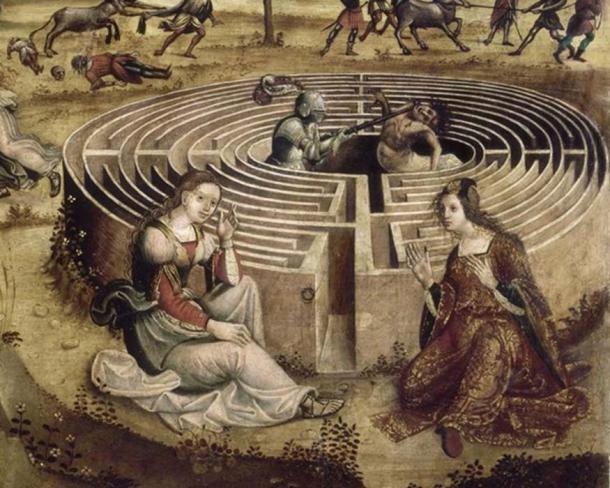
In my previous post, I took a turn from direct analysis of Dialectic of Enlightenment to engage with David Scott’s writing on tragic disposition in Conscripts of Modernity. I then focused
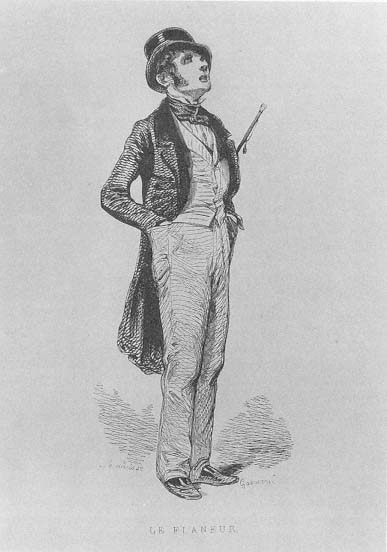
This essay sprang from an effort to understand one of the more obscure passages in Louis Althusser’s contribution to Reading Capital of 1965. Althusser’s commitment to anti-humanism – inaugurated by

The following is a response to Tink Tinker’s “Osage Kettle Carriers – Marmitons, Scullery Boys, And Gender Choices,” posted on on July 23, 2019. It was nearly a decade ago that I

Due to the historical sourcing and cultural explanations necessary to Dr. Tinker’s scholarship, the editors of The New Polis have kept all of the author’s footnotes intact, though we have inserted hyperlinks when
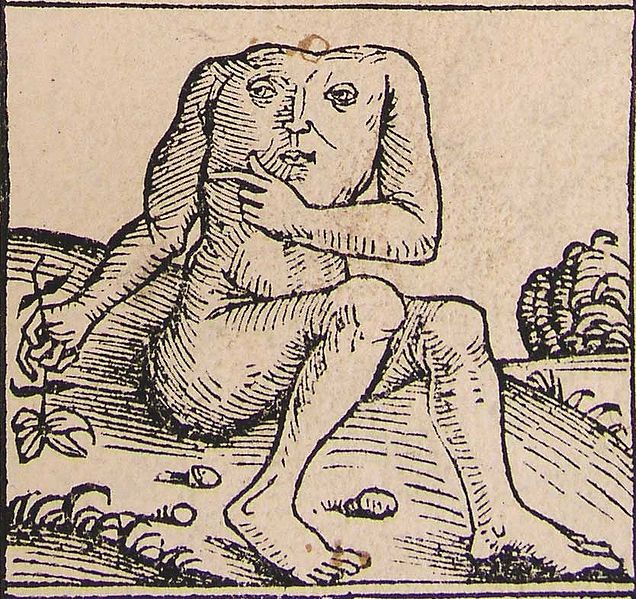
I ended my first post in this series considering David Scott’s description of the tragic disposition as an obligated action in a world where values are “unstable and ambiguous.” I

I am often perplexed, sometimes disturbed, and generally intrigued by the use of Literature in philosophical arguments. While there is a robust tradition of Marxian-influenced material critique within Cultural Studies,
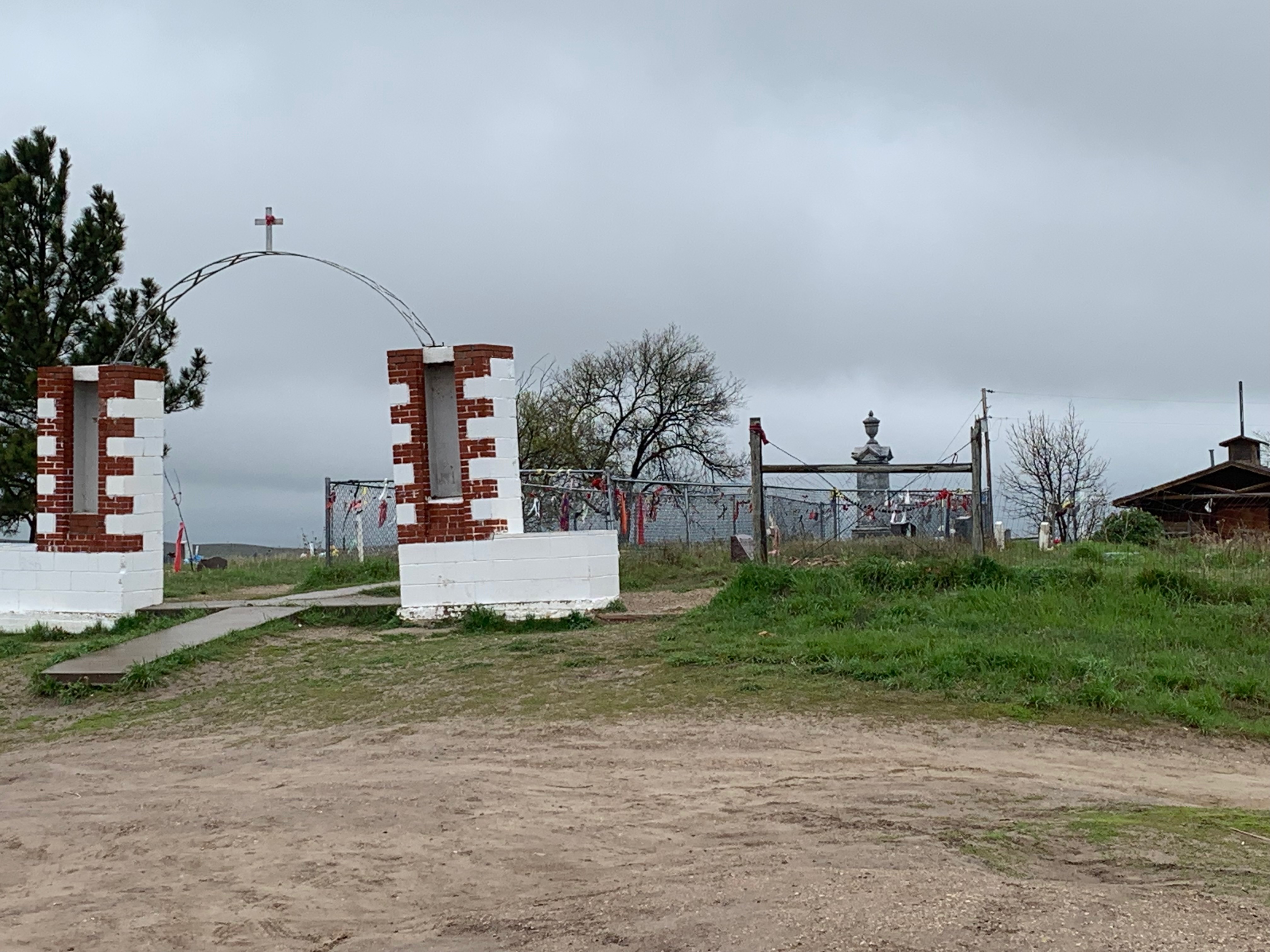
I ended my previous post pointing to a critique of Spirit in its eurochristian derivation. This series of posts has been based on a broader critique of Catherine Keller’s Political Theology of

In my previous post, I drew on a longer genealogy of liberalism by Aryeh Botwinick to address Catherine Keller’s recent book, Political Theology of the Earth. Botwinick’s “The Good of Liberalism:
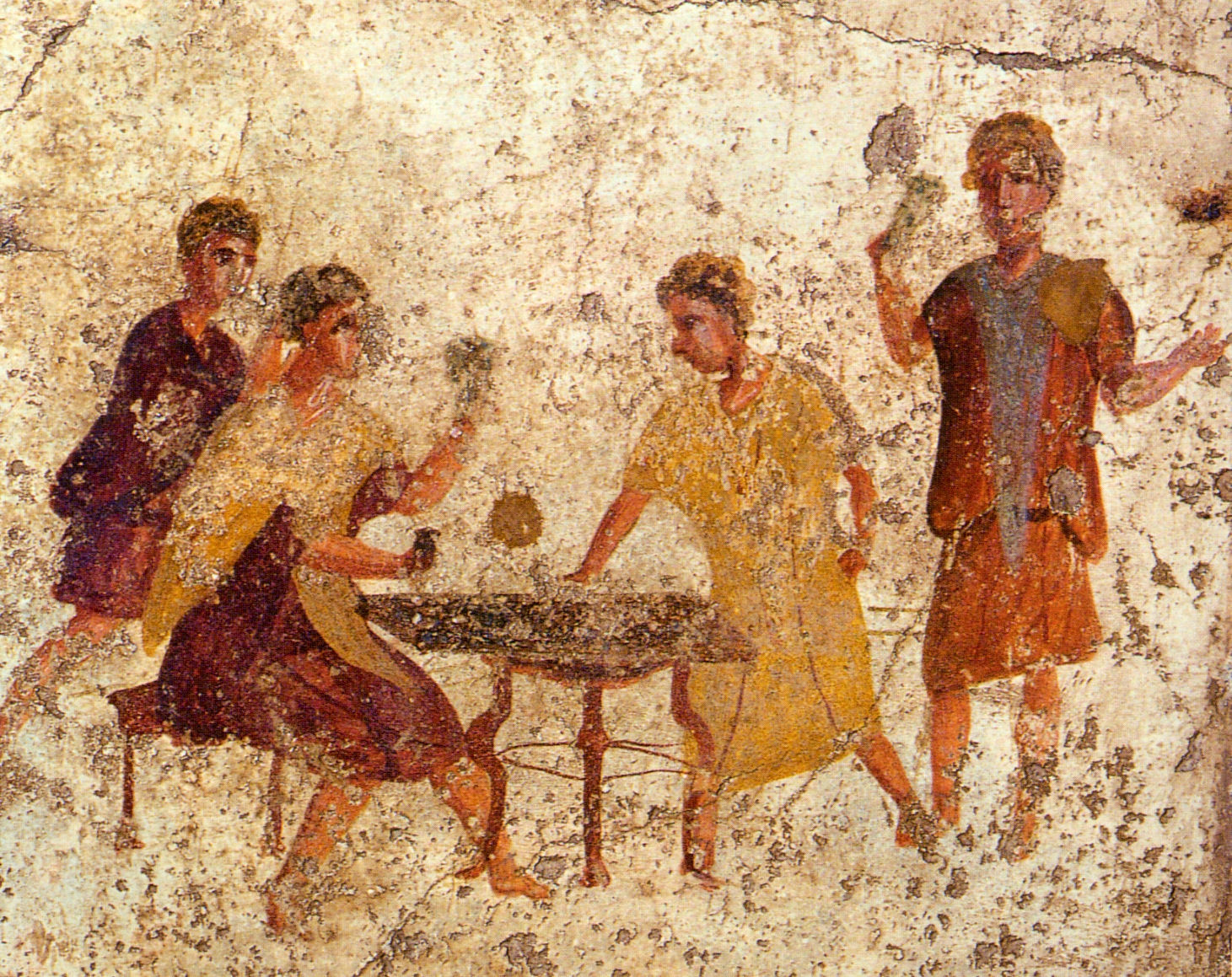
This is the first in a multi-part series of posts. In the following series of posts, I want to address some themes related to Catherine Keller’s recent book, Political Theology